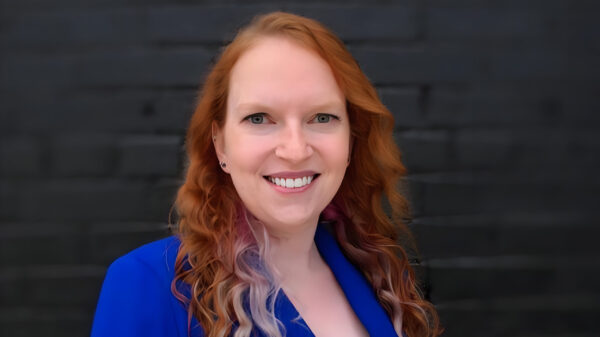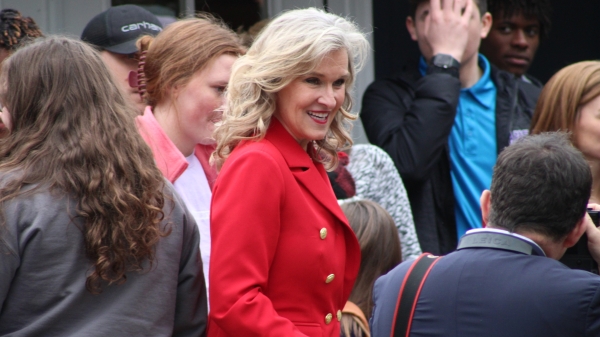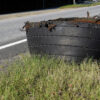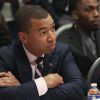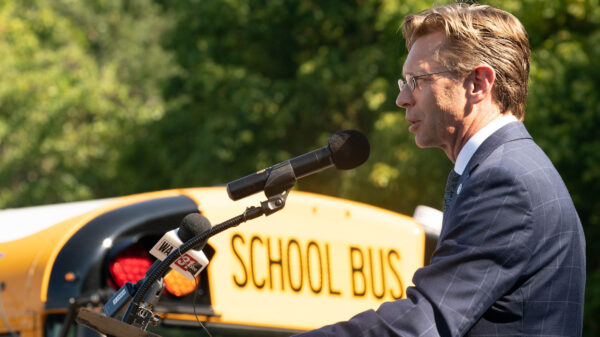By Larry Lee
Education Matters
It was exciting to read recently that one of the GOP leaders of the Alabama House said, “It is time to take bold new steps and leave the broken status quo behind.” I could not agree more.
Obviously Dr. Tommy Bice, state superintendent of education, feels the same way. In fact, the statement of the legislator echoes what Bice said last winter when speaking to the legislative education budget committees. “We have bold plans and high expectations of everyone involved in public education,” Bice told committee members.
So when are we going to start with these “bold steps?”
This last legislative session would have been a great time, especially considering that Dr. Bice, along with lots of help from many people, has put together an excellent outline of what our public education needs are in his Plan 2020.
What sets this plan apart from so many others is that it truly takes a comprehensive look at education by focusing on all the areas that must be addressed if we’re to have quality education in quality schools being led by quality educators.
It details priorities and objectives in four areas: 1) students, 2) support systems, 3) education personnel and 4) schools and systems. Of these, the recognition that attention must be paid to factors that impact students outside the classroom is especially significant. Each day 150,000 Alabama students attend a school where there is at least an 80 percent poverty rate. These are the schools most prone to fail and these are the students who are most likely to need health care, vision screening, hearing screening, mental health counseling, etc.
Some systems are already addressing such needs. The Florence City System has a partnership with a local mental health agency that provides counselors to schools; in Gadsden City there is a health clinic at Adams Elementary manned by a local health provider. In many systems there are churches and non-profits that provide food for needy children for the weekend.
But filling these, and other Plan 2020 needs, takes resources. This is why Bice’s budget proposal re-directed funding in a number of cases. He was not asking for new money, but rather, asking to take the “bold step” of setting new priorities.
Unfortunately, no one paid much attention.
For instance, since the Alabama Reading Initiative (ARI) devotes considerable resources to professional development, the Alabama State Department of Education (ALSDE) asked that $10 million be shifted from ARI to a more inclusive professional development program for teachers and principals. This was not funded, but ARI was still cut by $10 million.
Is that a “bold new step?”
They asked for $5 million to work with family resource centers to provide more of the critical support system needs of high poverty students. Again, they got ZERO.
Another “bold new step?”
They asked for $19.1 million to cut class sizes and restore lost teacher units. ZERO again.
Again, a missed opportunity for a “bold new step.”
They asked to restore funding for textbooks to $75 per student, as it was in 2008. Instead, this was level funded at last year’s rate of $31.50.
How in the world do you underfund textbooks and claim you are taking “bold new steps?”
About 360,000 kids ride buses each school day. The actual cost of providing transportation is $323 million. But the state only funded $304, leaving a hole of $19 million.
So evidently leaving rural school systems to pay for things the state is supposed to pay for is considered a “bold new step.” The same can be said for setting aside funding for controversial new programs professional educators did not support, while not increasing support for proven programs such as the Alabama Math & Science Technology Initiative (AMSTI) and the distance learning program.
Yes, we need “bold new steps.” But we need to do more than talk about doing so. You can’t run a bus on political “spin,” or reduce class sizes or buy textbooks. Dr. Bice and the State Board of Education have the plan in place to move our schools forward. They just need help from the folks controlling the purse strings–help that was woefully lacking this year.
Larry Lee led the study, “Lessons Learned from Rural Schools”, and is a long-time advocate for public education and frequently writes about educational issues. larrylee33@knology.net


